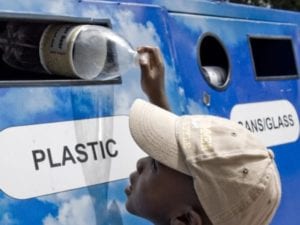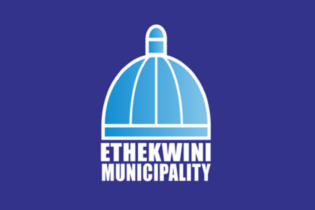As South Africa’s population continues to increase, and with it the volumes of waste in the country, so does the need to recycle and reduce the heavy burden on landfills and, ultimately, the planet. But there’s a wider impact of recycling other than benefitting the environment ‒ recycling creates job opportunities and boosts the economy.
By Nampak Liquid Cartons Managing Director, Raymond Dube According to a 2017 report by the then Department of Environmental Affairs, the waste economy provided 36 000 formal jobs and supported 80 000 informal jobs in 2016, contributing R24.3 billion to the South African GDP. Job creation in recycling This informal job sector includes waste pickers, who play an essential role in collecting waste to sell to buy-back centres to be recycled. Often seen pushing trolleys of waste collected from the kerbside or directly from dumps and landfills, they supply 80-90% of paper and packaging waste to recyclers. The more in-demand waste they collect, the more they can earn as a livelihood. For entrepreneurs and small businesses, finding and selling recyclable waste provides a lucrative opportunity, particularly in areas without municipal recycling programmes or informal waste pickers. Households and businesses can engage in a service to have their waste collected and transported to recycling depots, where each load is an income for the service provider.In turn, buy-back centres require a demand for recyclable items to remain viable and support collectors. The good news is that many manufacturers, such as those in paper packaging, are viewing recycling as a valuable source of raw material, increasing the need for a supply of recyclable items.
In South Africa’s paper product industry, the majority of products are made from recycled paper fibres from used cardboard boxes, white paper, milk and juice cartons and paper cups as well as newspaper, magazines and cereal boxes. Growing trees, making paper products and recycling them into something new supports almost 150 000 jobs in the country, and includes forestry workers, manufacturers, waste collectors and mills, as well as scientists, technologists and artisans involved in the production and recycle of paper. Although the paper recovery rate is around 70% in South Africa, there’s potential for growth in the recycling industry. Another R11.5 billion per year could be generated by 2023 by diverting up to 20 million tonnes of waste from landfill. This could mean 45 000 additional formal jobs and 82 000 indirect jobs, as well as the creation of 4 300 small businesses.






